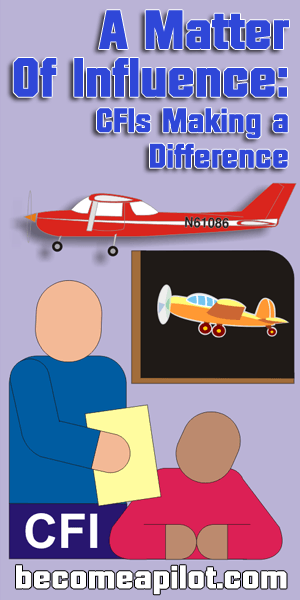 In the movie Angels With Dirty Faces, racketeer Rocky Sullivan (played by James Cagney) returns to his old neighborhood after release from prison. Parish priest Jerry Connelly (played by Pat O'Brien) is dismayed when he finds that the neighborhood boys have come to idolize Rocky's gangster image.
In the movie Angels With Dirty Faces, racketeer Rocky Sullivan (played by James Cagney) returns to his old neighborhood after release from prison. Parish priest Jerry Connelly (played by Pat O'Brien) is dismayed when he finds that the neighborhood boys have come to idolize Rocky's gangster image.
Rocky eventually commits murder, returns to prison and is preparing to pay for his crime with his life. In an attempt to save his young charges from a similar fate, Father Connelly pleads with Rocky to publicly shed his toughguy image.
He does.
In one of the most dramatic scenes in film history, Rocky whimpers, screams and begs for release as he's led to the execution chamber. Evident on each youngster's face is the indelible impression of Rocky's final act of redemption. While only a movie, the plot speaks to the powerful influence of a role model.
Psychologists have known for a long time that our basic attitudes, beliefs and values are easily influenced by our role models. For this reason, flight instructors should use this tool to their advantage in positively influencing the way their students think, act and behave.
A role model's influence became apparent to me as a young flight instructor during a student's dual cross country flight. We departed into marginal VFR weather with visibilities ranging from three to five miles. Increasing visibility was forecast for the route. Twenty minutes into the trip, it became obvious that the weather was getting worse, not better.
I glanced over at the student and said, "Bob, let's go home. This is not reasonable weather in which to be flying." Bob glanced over at me with a surprised look on his face, like that of a just gelded bull.
"Wow," he commented, "you mean there's weather that you won't fly in?"
"Of course there is," I responded. "This airplane isn't equipped for IFR flight and there's no way to be sure we can complete our flight safely with this visibility."
End of story. Or so I thought.
Last year I received a call from Bob for a flight review. We met, shook hands and reminisced. His first comment to was, "I'll never forget the time you chickened-out on our cross country because of bad weather. It left one heck of an impression on me and I fly more cautious because of it."
Although I was amused by his choice of words, it's obvious that my chickening-out was pure poultry in motion when it came to his education.
I've always made it a point to let students witness those limits beyond which I won't go. In the spirit education, I've even created situations where a student witnessed my response to a critical situation. A little choreography and a touch of planning often provides for long lasting impression.
On several occasions I've made afternoon trips to high density altitude airports knowing that my student and I would be grounded until sunset (these were airports with good restaurants, of course). Once the air cooled sufficiently, we'd calculate our takeoff performance and slip into the sky. Admittedly, I knew the airplane could depart safely with reduced performance. The takeoff charts, however, provided enough evidence to suggest a cautious course of action. I played this up knowing that best gift we can give our students is to let them observe our willingness to concede defeat.
The general rule in role modeling is to let your students observe you in the act of performing, considering or rejecting an important course of action. Once a student observes this behavior, he or she is likely to model that behavior to some degree. When they see you call for a weather briefing before every flight, they will likely do the same when flying solo. The same goes for calculating a weight and balance prior to departure. Preflighting, using checklists, and scanning for traffic are but a few of the additional opportunities you have to make permanent impressions as a role model.
Some of the most important lessons your students learn have nothing to do with flying technique. They have everything to do with your demeanor—your beliefs, values and attitudes. Since students hang on your every word, make it a point to act in their presence the way you want them to act when they're alone. You are their role model.
